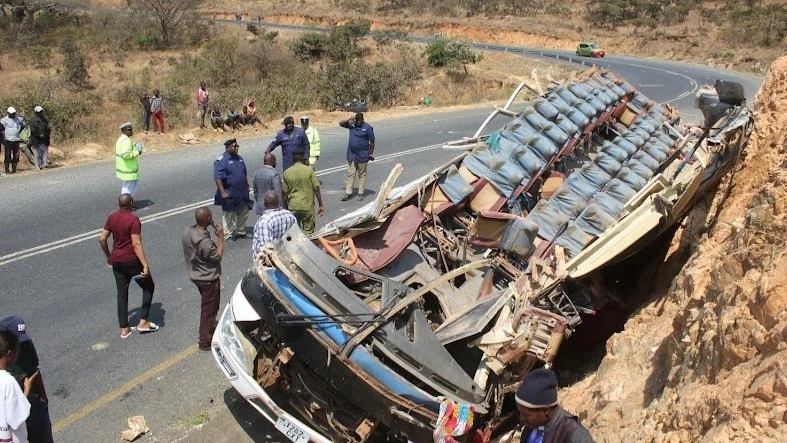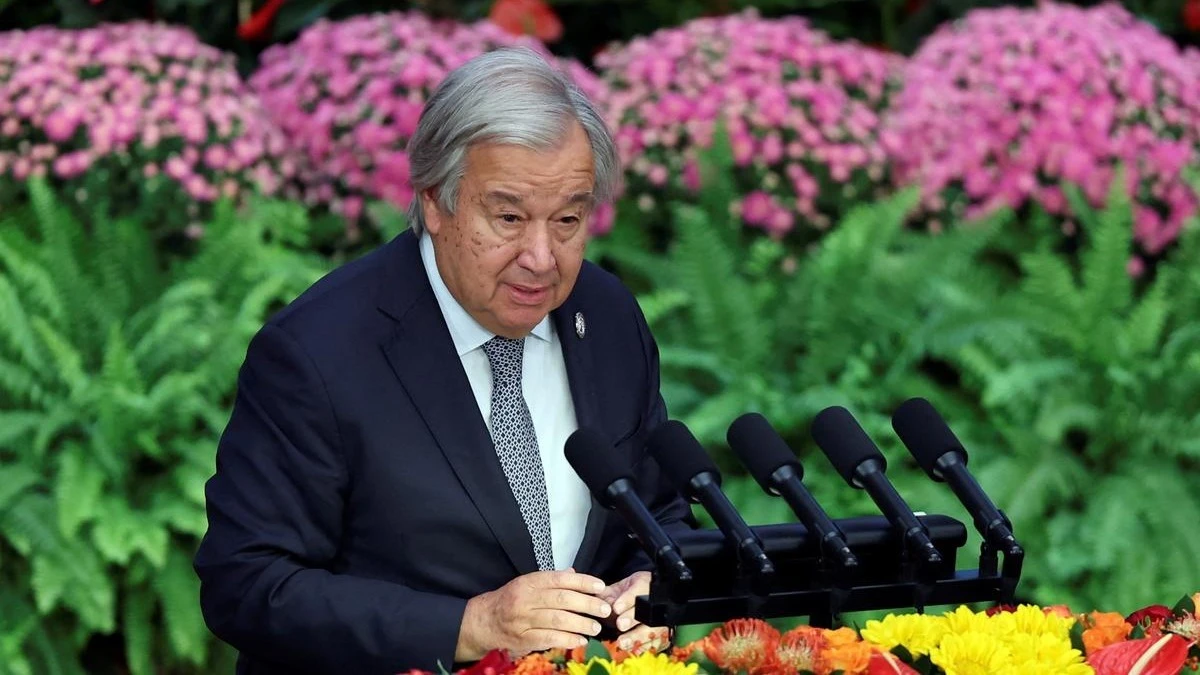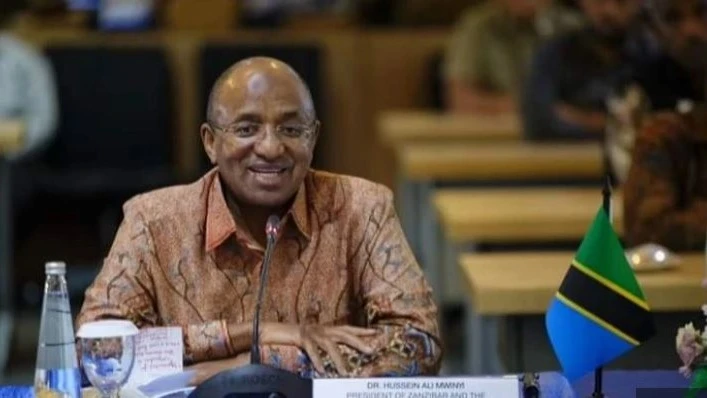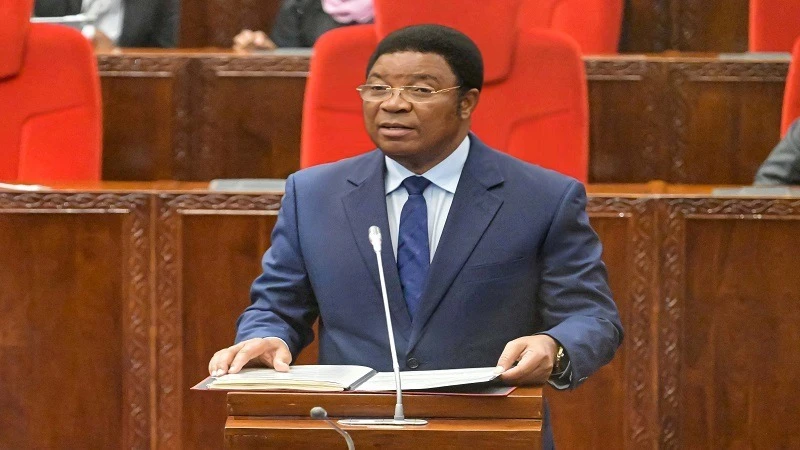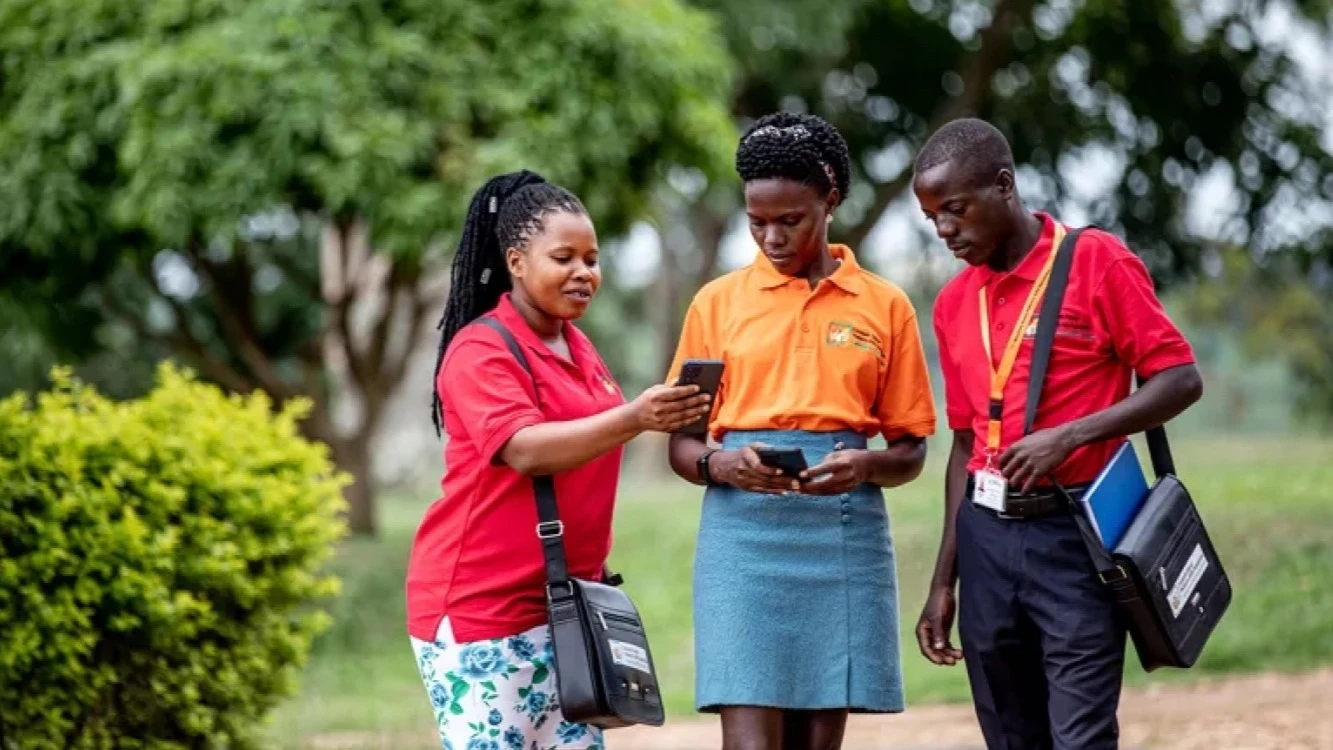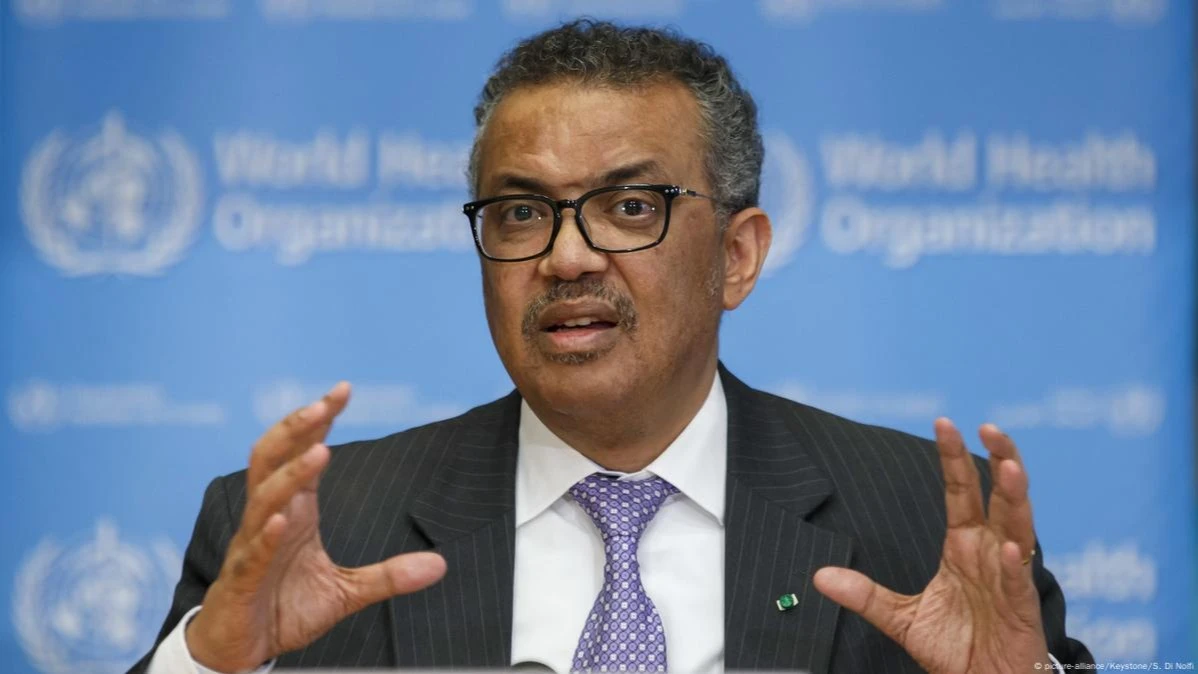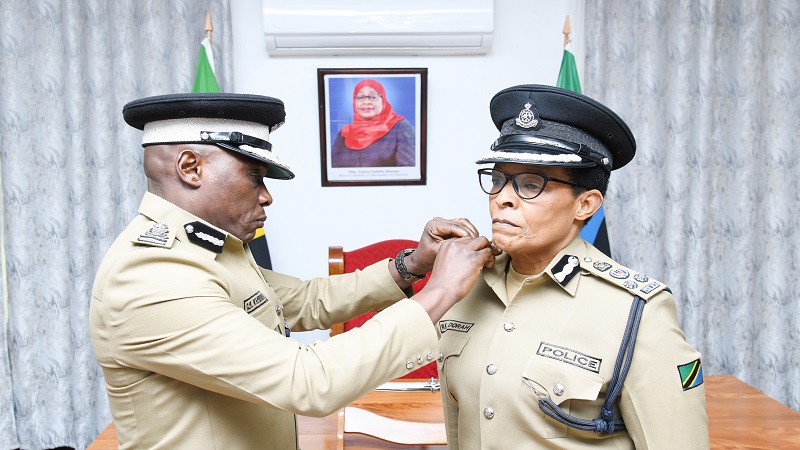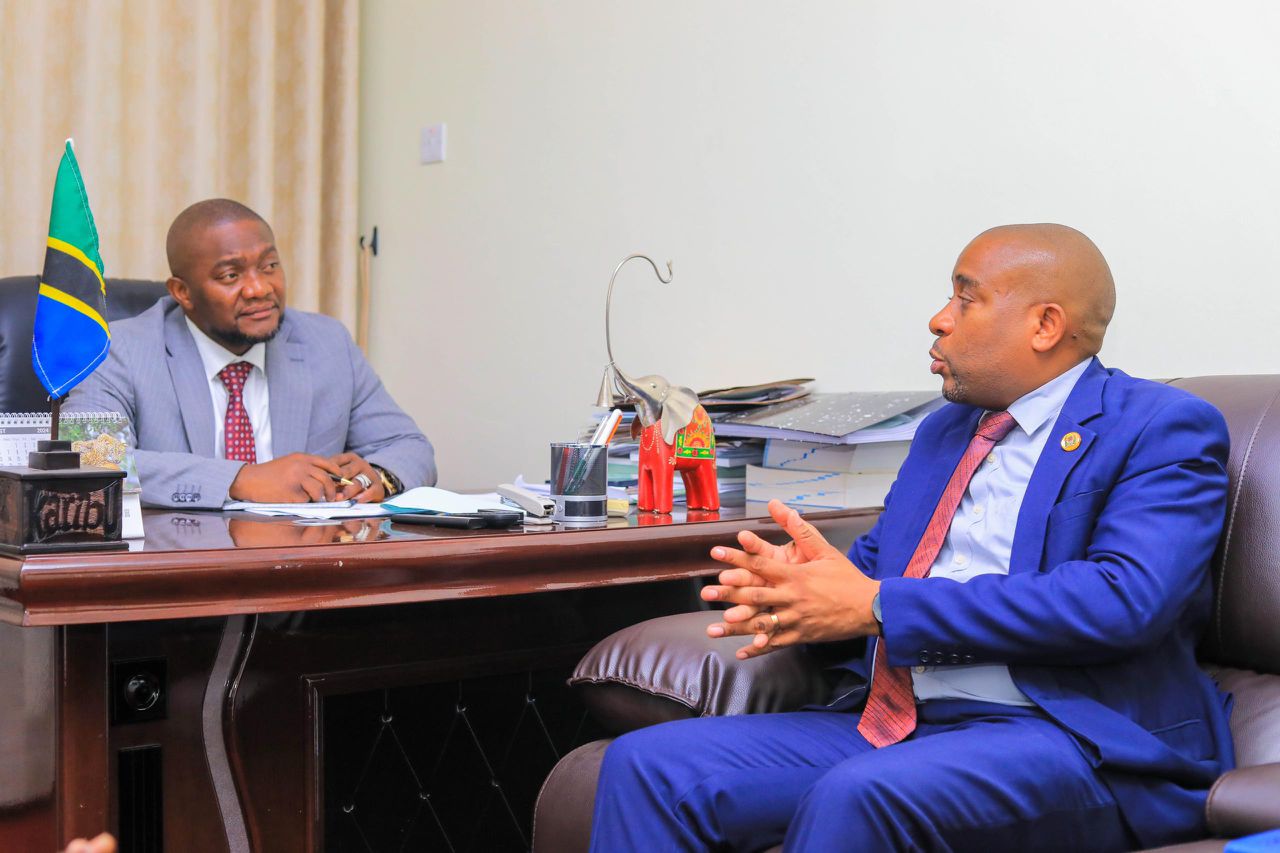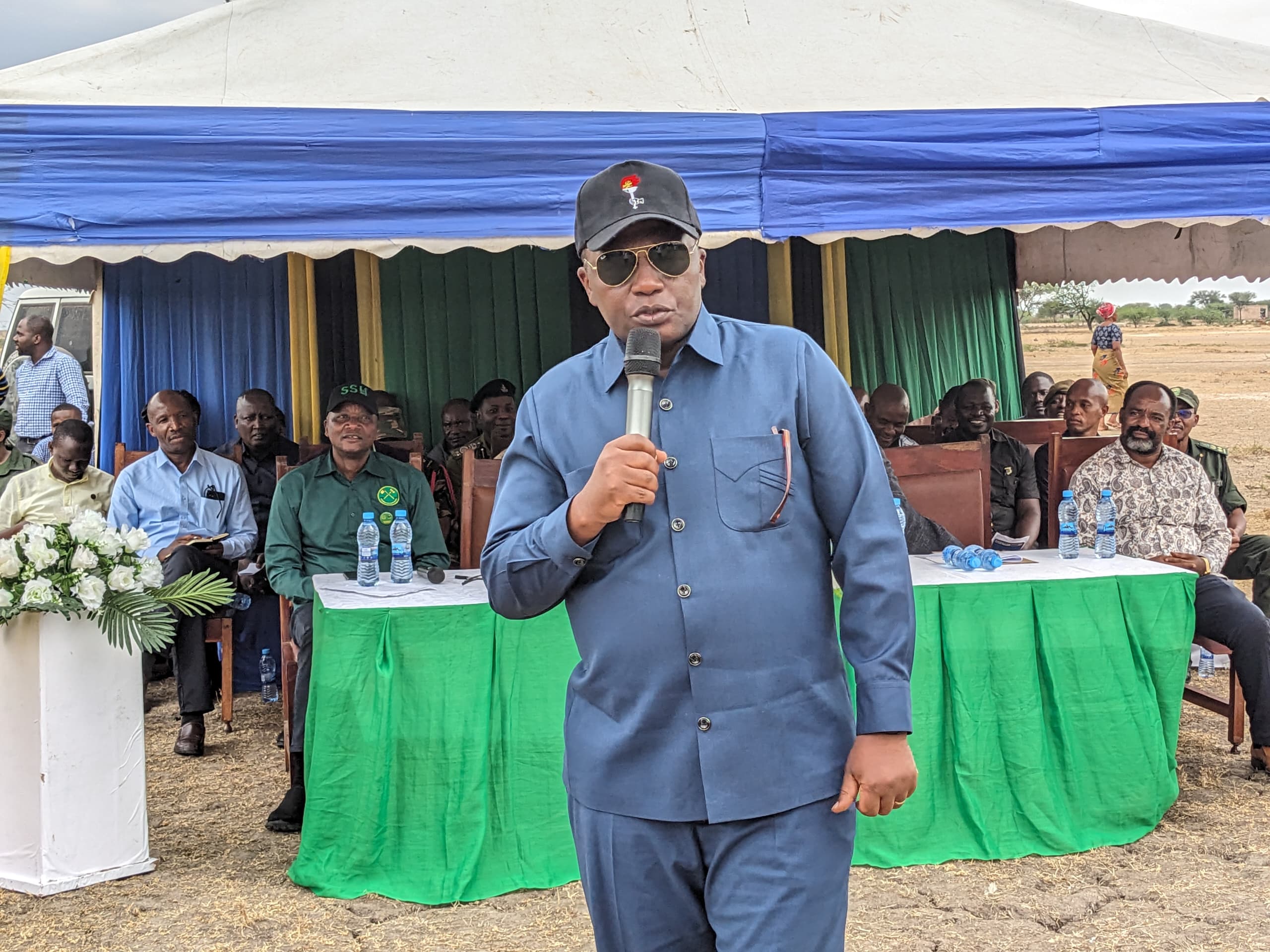‘Drug use big threat to national security’
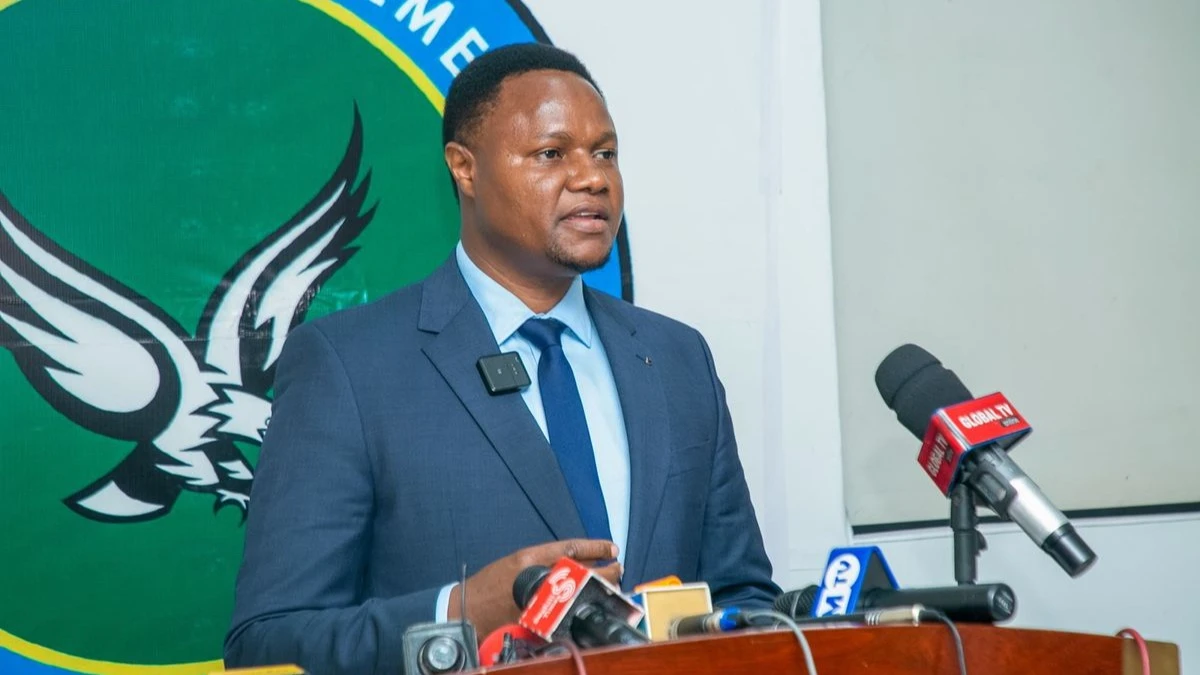
CONSUMPTION of narcotics is a major threat to national security as mild drug users often show excessive confidence, thus increasing the potential for causing disruptions.
Aretas Lyimo, the Drugs Control and Enforcement Authority (DCEA) commissioner general, made this observation at a stakeholders’ meeting to discuss measures to combat drug abuse in Songwe Region here yesterday
He cited research showing that countries that permit drug use have experienced increased crime rates, including murders, robbery and higher rates of street protests, urging increased collaboration among stakeholders on the issue.
The task is to prevent violence associated with drug trafficking and abuse especially with local government elections and the general election late next year, he said, affirming that
Tanzania leads the pack in Africa in efforts to combat drug abuse.
Stressing the role of drug control in maintaining national security, he stated that security in many drugs-prone countries has significantly declined, an alert signal to other countries to take precautions in taking decisions like allowing the use of certain banned substances.
Ongoing efforts to combat drug trafficking, including arrests and prosecuting traffickers, who earn penalties ranging from 30 years to life imprisonment and asset confiscation were being pursued, he said.
Recently, law enforcement authorities seized over 2.5m grammes of narcotics and detained several individuals including drug lords, overseeing nationwide distribution networks, he pointed out.
Dr Emmanuel Bahemana, the project director for the southern highlands zone in the country mission of the Henry M. Jackson Foundation Medical Research International (HJFMRI), a quasi-governmental US agency, noted that Songwe Region has rising numbers of drug users exposed to HIV infection.
Explaining the primary role of HJFMRI as combating HIV infections, he said that rising cases of drug use made the organisation start collaborating with healthcare institutions to also take up the challenge.
HJFMRI launched its efforts in 2017, helping to set up a clinic in Tunduma town and at the Mbeya zonal referral hospital, he said, citing interventions for over 700 drug users, 500 assisted in Mbeya and 200 in Songwe Region, They were largely at the risk of contracting HIV,I he stated.
Daniel Chongolo, the Songwe RC, urged stakeholders involved in the fight against drugs to collaborate in addressing an apparent wave of drug trafficking, affirming that drug traffickers from other countries were using Tanzanian passports hence tarnishing the country’s image if apprehended in various destinations.
“These people get these important documents through various means, including forgery or extended stays in the country,” he added.
Top Headlines
© 2024 IPPMEDIA.COM. ALL RIGHTS RESERVED








![The CEO of Flightlink Limited Mr. Munawer Dhirani and DTB Tanzania CEO, Mr. Ravneet Chowdhury [center] during the unveiling ceremony of the 72-seater ATR 500 aircraft over the weekend. Other officials present at the function are Chief Operating Officer.](https://ippmedia.com/storage/post-feature-images/01J75Y6DM8PY93SGFZD4GYPXJ4.webp )
